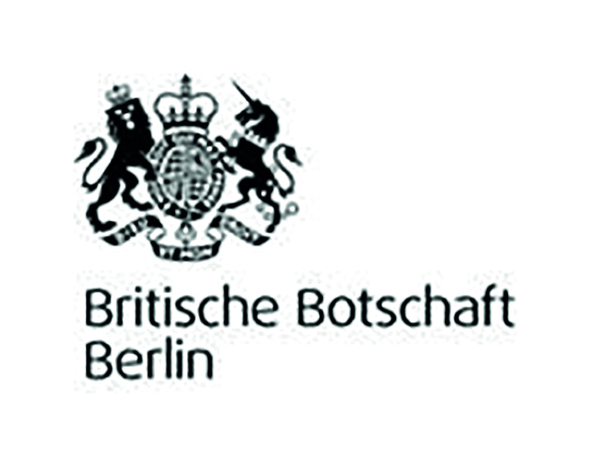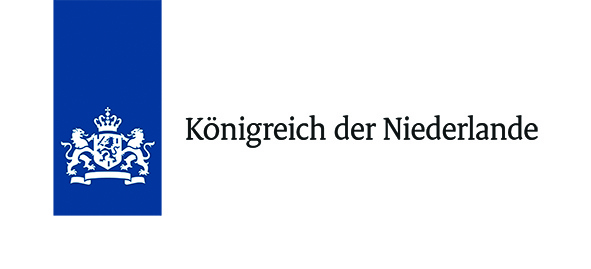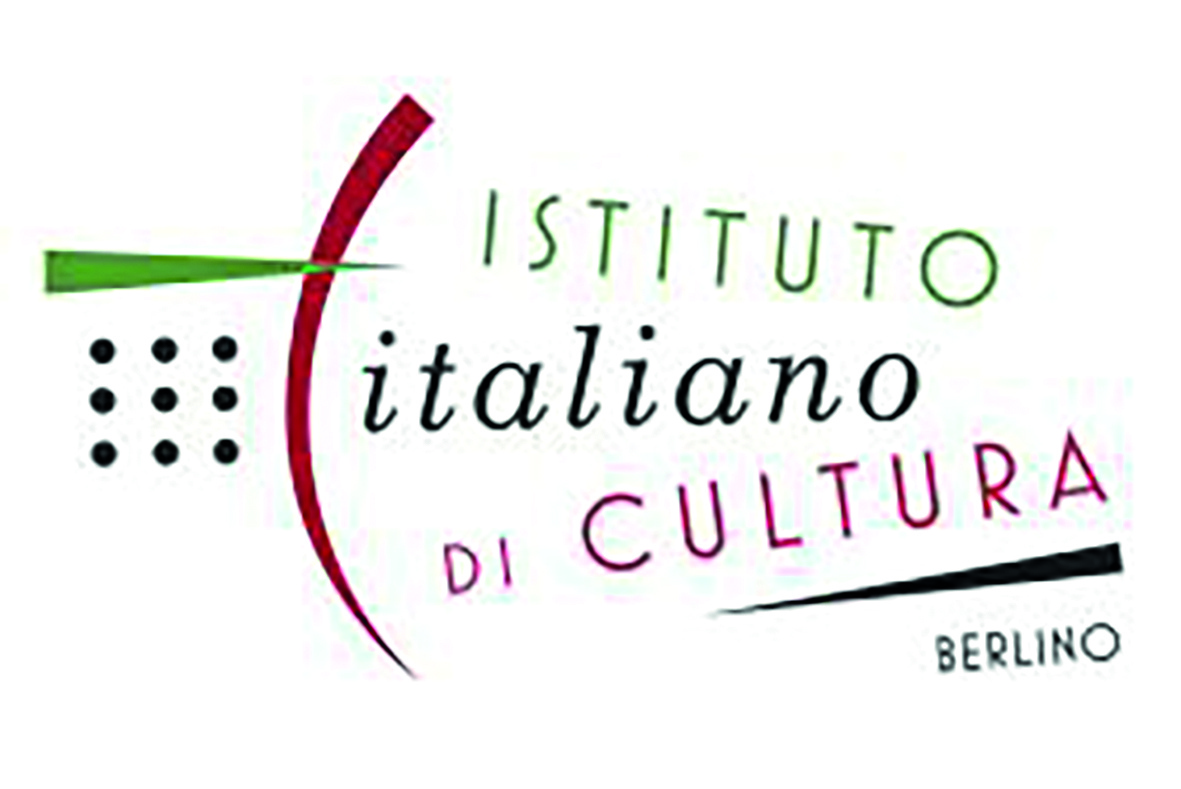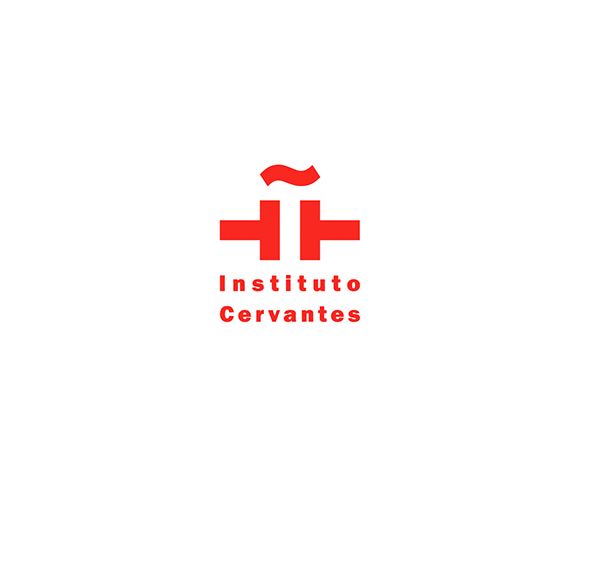European Climate Fiction
»survivors of a winter of bad news now the long vacation«
“What role could and should literature play in the age of climate emergency and which aesthetic strategies are suitable for it?” In the context of a literary master’s seminar »The climate crisis in the European literatures«, students at the Free University of Berlin in cooperation with the Literarisches Colloquium Berlin investigated this question and conceived a digital essay that sheds light on climate fiction from a European perspective. The content is subdivided into four sections with different focuses: the first focal point is the role of climate fiction in children and Young Adult literature. The emotions which are triggered by climate change are explored in the second section. The third section deals with the climate-related transformation processes of landscapes and social spaces and their entanglement. Lastly, the aesthetic strategies of writing in the Anthropocene and the productiveness of literature to speculate about time and space within evolved traditional forms are discussed in section four.
Section I
Responsibility – A question of generations? Climate Youth Fiction
With Saci Lloyd and Thomas Köck
Talk presented by Clara Mayer (Fridays for Future Berlin)
Readings, texts and talk
Section II
Emotions in action – Feelings and engagement in the climate crisis
With Bruno Arpaia, Julia Fiedorczuk and Frank Keizer
Talks presented by Linda Farata and Irina Hein
Readings, texts, poems, talks, quiz/survey and emotions-wordcloud
Section III
Entanglements – Landscapes and social spaces in the Anthropocene
With Dilek Güngör, Maren Kames, Denise Winter & sounding situations | Essay by Elisa Weinkötz
Talk presented by Lara Sielmann (Kabeljau & Dorsch)
Video installation, short story, collection of photos, talk and essay
Section IV
Calling in the desert – Writing climate TIME change
With María Bonete Escoto, Julia Fiedorczuk and Vicki Jarrett
Talk presented by Elisa Primavera-Lévy (Sinn und Form)
Readings, short stories and talk
Section I
With Saci Lloyd and Thomas Köck
Talk presented by Clara Mayer (Fridays for Future Berlin)
Readings, texts and talk
The first section will be focused on the role of climate fiction in young adult literature: with Saci Lloyd (England), author of the bestselling novel The Carbon Diaries 2015 (Hodder Children’s Books, 2008) and Thomas Köck (Austria) who wrote the celebrated play die zukunft reicht uns nicht (klagt, kinder, klagt!) (Suhrkamp Verlag Berlin, 2017). The young protagonists of both texts start questioning their previous habits and selfish behavior because of the increasingly noticeable consequences of climate change and realize in frustration that not all generations are willing to realize the gravity of the situation. Saci Lloyd’s novel is a gripping dystopian novel, that through the perspective of a teenager plays out what our life might be like if we were forced to suddenly radically reduce our CO2 emissions in the near future. In his play Thomas Köck takes a pitilessly honest look at the conflict between the generations, playing with the tradition of Greek tragedy. The question “Who is responsible for the future of our planet?” is going to be the starting point for the recorded conversation with both authors, which will be moderated by climate activist Clara Mayer.
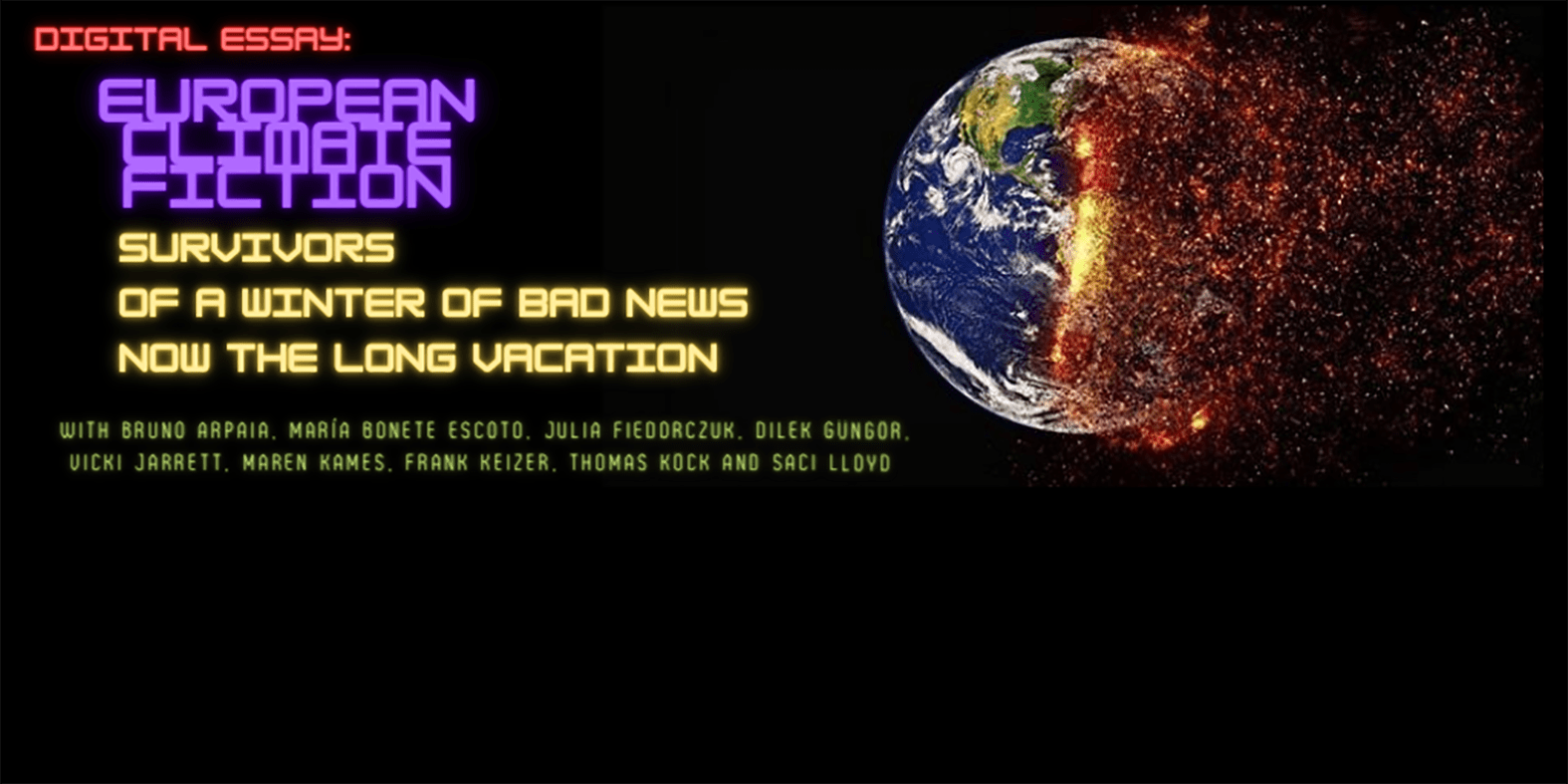
Thomas Köck and Saci Lloyd
in conversation with
Clara Mayer (Fridays for Future Berlin)
Saci Lloyd was born in Manchester, but raised in Anglesey. She has worked as a very bad cartoonist, toured the States in a straightedge band, run an interactive media team at an advertising agency, co-founded a film company before winding up as head of media at Newham Sixth Form College. Lloyd has written five books, all of which fall into the robust genre of Climate Fiction. Saci’s most famous work, The Carbon Diaries series, has gained a cult following in the US and Great Britain and has been translated into more than fifteen languages. The first book of the series, The Carbon Diaries 2015 (Hodder Children’s Books, 2008), was also shortlisted for the Costa Children’s Book Award in 2010 and is being funded by the BFI for TV development. Her novel Momentum (Hachette Children’s Books, 2011) was shortlisted for the Guardian’s Children’s Fiction Prize. Saci has just finished her latest book, 72 To Save A Zoo, an uproarious climate change comedy thriller. All the latest information under www.sacilloyd.com.
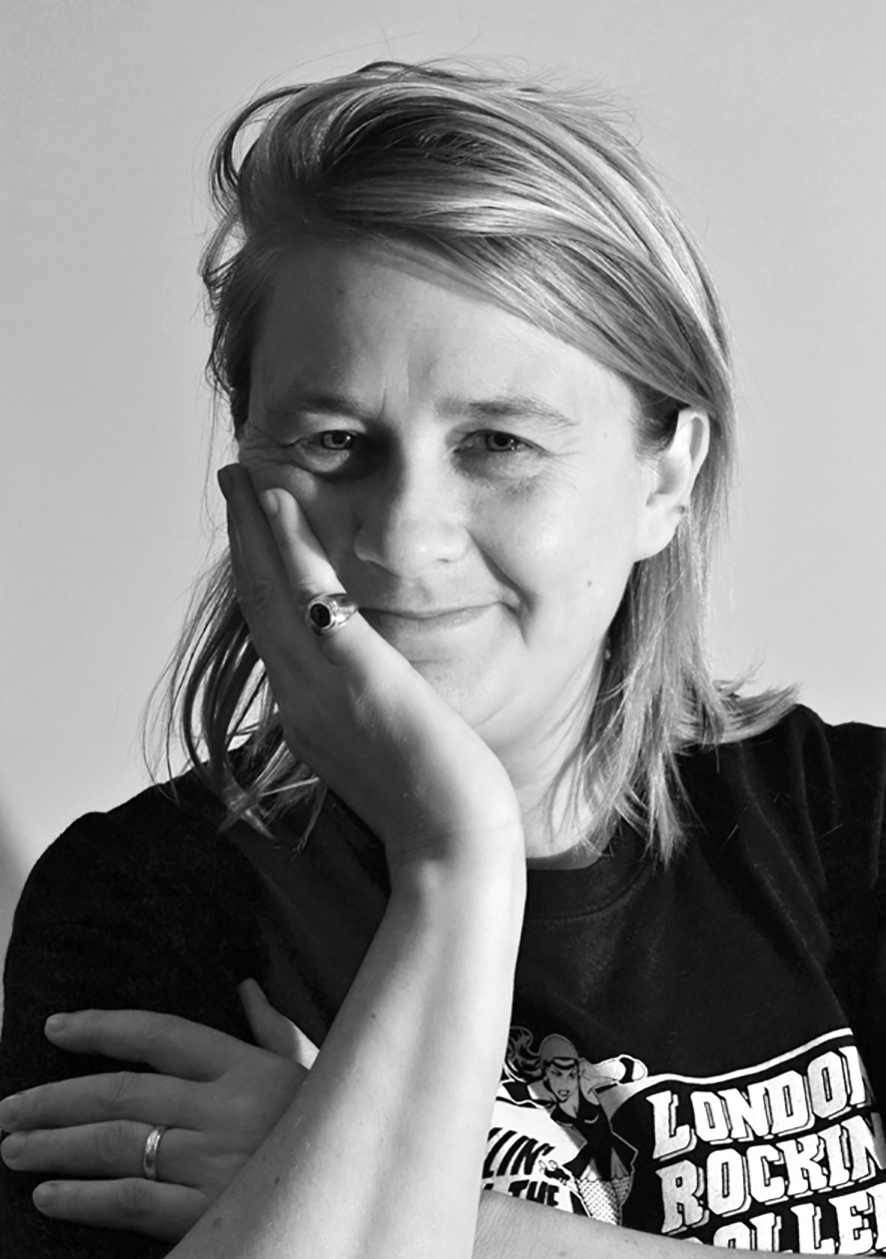
Saci Lloyd © privat
Saci Lloyd’s novel The Carbon Diaries 2015 is a gripping dystopian novel, which is nerve-rackingly close to reality and situates today’s United Kingdom in times of drastic climate change and equally drastic political measures against it. A speculative novel that plays out what our life might be like if we were forced to suddenly radically reduce our CO2 emissions in the near future. At the same time, a diary novel that tells a coming-of-age story against the backdrop of the climate change measures.
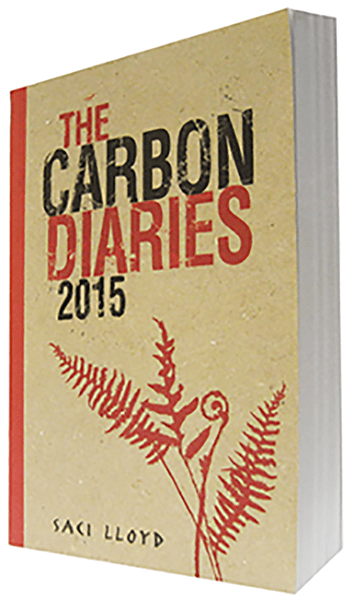
© Hodder Children’s Books
For full screen and zoom in click on the square and the plus down in the right corner
For full screen and zoom in click on the square and the plus down in the right corner
Thomas Köck, born in 1986 in Steyr, Upper Austria. He was socialized through music and studied Philosophy in Vienna as well as Scenic Writing and Film at the Berlin University of the Arts. He worked at the Theatercombinat in Vienna, was invited to Berlinale Talents with a documentary film project about Beirut, was the in-house author at the Nationaltheater Mannheim, blogs with colleagues on nazisundgoldmund.net against the Right-Wing extremism, and develops concertante readymades with Andreas Spechtl under the label ghostdance. Furthermore he creates theatre productions in collaboration with Elsa-Sophie Jach amongst others. He has received several awards for his theatre texts, including in 2018, the literary prize Text und Sprache of the Kulturkreis der deutschen Wirtschaft and in 2018 and 2019 as well, the Mülheimer Dramatikerpreis.
In his play »die zukunft reicht uns nicht! (klagt, kinder, klagt!) – eine postheroische schuldenkantate« Thomas Köck takes a pitilessly honest look at the conflict between the generations: teenagers protesting the destruction of nature, right-wing populism and violence against refugees, and who become potential murderers themselves, and a generation of parents who reject any responsibility and see their offspring as the most privileged generation of all time.
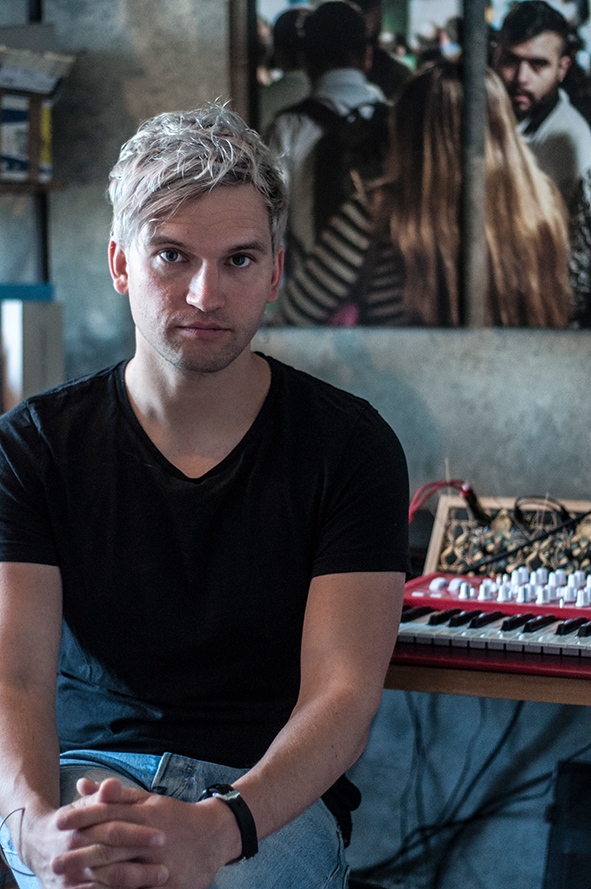
Thomas Köck © Elsa-Sophie Jach
For full screen and zoom in click on the square and the plus down in the right corner
For full screen and zoom in click on the square and the plus down in the right corner
Section II
With Bruno Arpaia, Julia Fiedorczuk and Frank Keizer
Talks presented by Linda Farata and Irina Hein
Readings, texts, poems, talks, quiz/survey and emotions-wordcloud
The climate crisis frightens us and creates feelings of despair and anger – »How dare you?« This second section will focus on the feelings and emotions caused by climate change and on the question, if literature, by reflecting feelings and putting these feelings into words, can be used as a trigger for engagement and political activism. Bruno Apaia’s »Something out there« (»Qualcosa, là fuori«, Guanda, 2016) is a breathtaking novel about a ravaged and desertified Europe in the second half of the 21st century showing mass migration from almost all of Europe to Scandinavia, the only inhabitable region that is left. In an interview Linda Farata talks with Bruno Arpaia about the power of storytelling in becoming aware of the catastrophic dimensions of the climate crisis. Julia Fiedorczuk is one of the best-known Polish poets, theorist of eco-criticism and literary climate activist. The Dutch poet Frank Keizer describes himself as a political poet and asks the question how poetry can react to a time of overlapping crises. In a talk moderated by Irina Hein, Julia Fiedorczuk and Frank Keizer reflect what poetry can do in the face of climate crisis, the role of emotions for their work and the new knowledges and poetics we need for survival.
Bruno Arpaia, born in Ottaviano (Naples, Italy) in 1957, he now lives in Milan. Graduate in Political Science, he’s a journalist, an editorial consultant, and a researcher and translator of Spanish and Latin American literature. He has written seven novels so far. Qualcosa, là fuori, published by Guanda in 2016, is a novel set in an international scenario modified by climate change. His latest novel, Il fantasma dei fatti, was published in 2020 by Guanda. His work has been translated into Spanish, Catalan, French, English, Dutch, Greek, Portuguese and Korean and it has won numerous awards, including the Campiello Selection, the Comisso Award and the Naples Prize.
Bruno Arpaia’s Qualcosa, là fuori (Guanda, 2016) is a linguistically powerful novel about climate migration and the erosion of democracy during climate catastrophe, a literary future scenario for the European Union, the United States and the whole world.
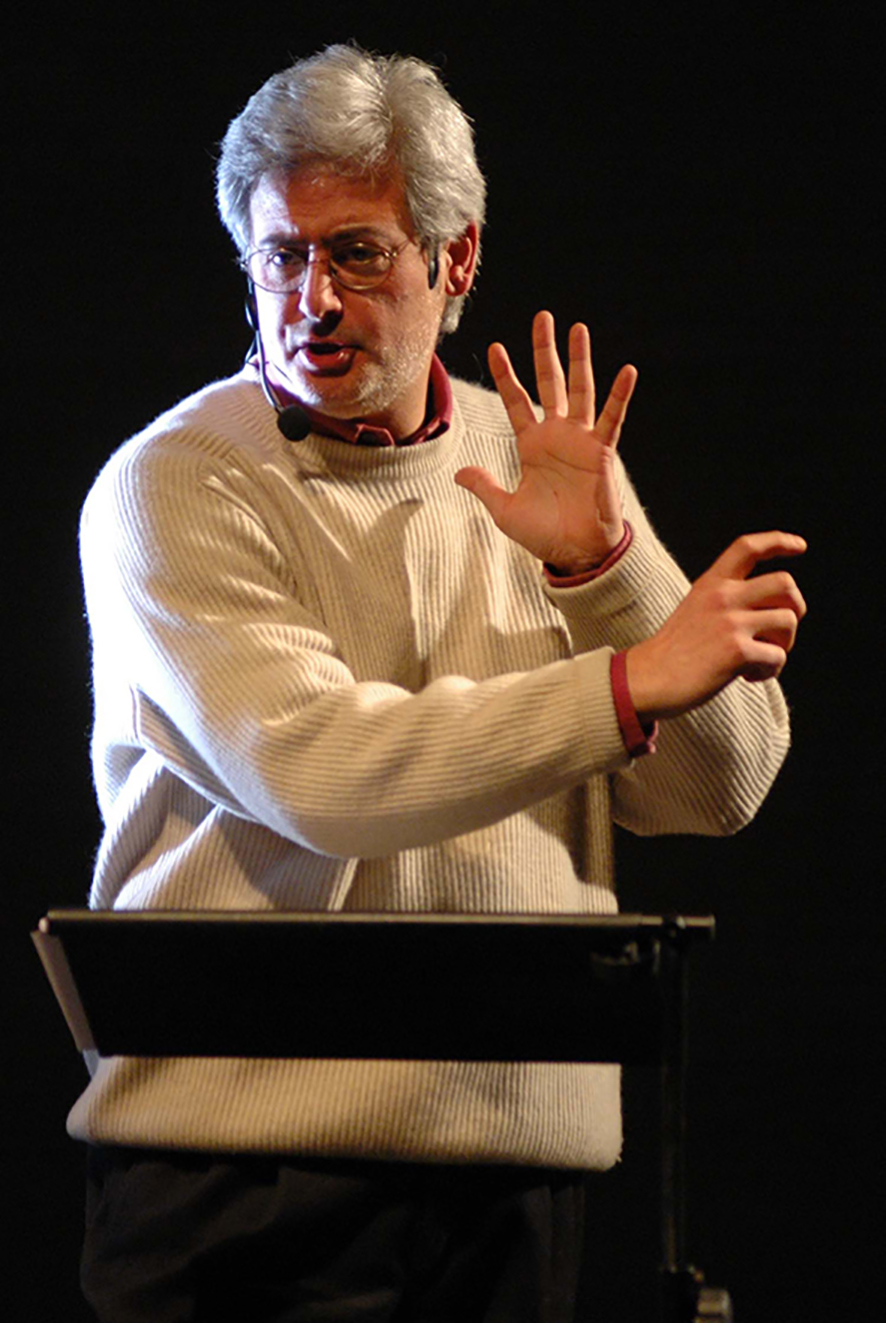
Bruno Arpaia © privat
For full screen and zoom in click on the square and the plus down in the right corner
For full screen and zoom in click on the square and the plus down in the right corner

Bruno Arpaia
in conversation with Linda Farata
Julia Fiedorczuk has published six volumes of poetry, two novels, a collection of short stories and three critical books in Poland. Her work, both creative and academic, focuses on the relationship between humans and their more-than-human environments. Her first collection, Listopad nad Narwią (Biuro Literackie, 2000) was selected as best debut of the year by the Polish Association of Book Publishers. She is also the recipient of the Hubert Burda Prize for poets from Central and Eastern Europe (2005) and the Szymborska Prize for Psalmy (2014–2017) (Psalms, Fundacja na rzecz Kultury i Edukacji im. Tymoteusza Karpowicza, 2017). Her work has been translated into many languages, including books in English, Swedish, Spanish, Ukrainian and Serbian. She runs a website of ecopoetics in three languages, www.ekopoetyka.com, and has established, together with Filip Springer, Europe’s first school of ecopoetics, which is addressed to journalists, reporters, writers, poets and people in other disciplines.
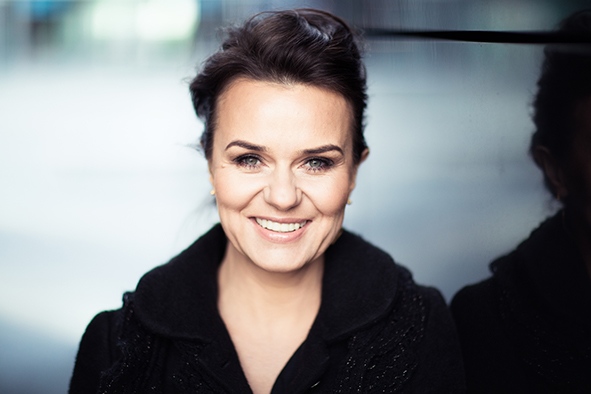
Julia Fiedorczuk © Artur Zawada
In her Psalms Julia Fiedorczuk interweaves biblical poetics with modern vocabulary from very different areas of society and thus evokes the power of nature to resist its manmade destruction with a synthesising use of language. In this video Julia Fiedorczuk reads the poem Fotosynteza from another collection.
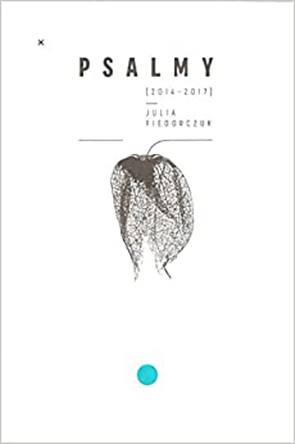
© Fundacja na rzecz Kultury i Edukacji im. Tymoteusza Karpowicza
For full screen and zoom in click on the square and the plus down in the right corner
For full screen and zoom in click on the square and the plus down in the right corner
Frank Keizer, born in 1987, is a poet, critic and editor. He is the author of two chapbooks and two volumes of poetry, Onder normale omstandigheden (Pelckmans, 2016) and Lief slecht ding (Polis, 2019). He works as a publisher at Perdu in Amsterdam, where he heads a publication series for experimental poetry in translation, and is an editor for nY, a Flemish literary magazine devoted to literature and criticism. He has been part of numerous festivals all over the world and currently resides in Rotterdam, where he is writing his third book of poetry tackling questions of collaborative survival amidst environmental decay and precarity.
Frank Keizer belongs to a young generation of Dutch poets who explicitly deal with social and political themes. His poetry doesn’t offer any simple solutions, but rather reflects on his own positionality and also brings his own doubts and contradictions about his political-poetic activism into his work as layers of complexity.
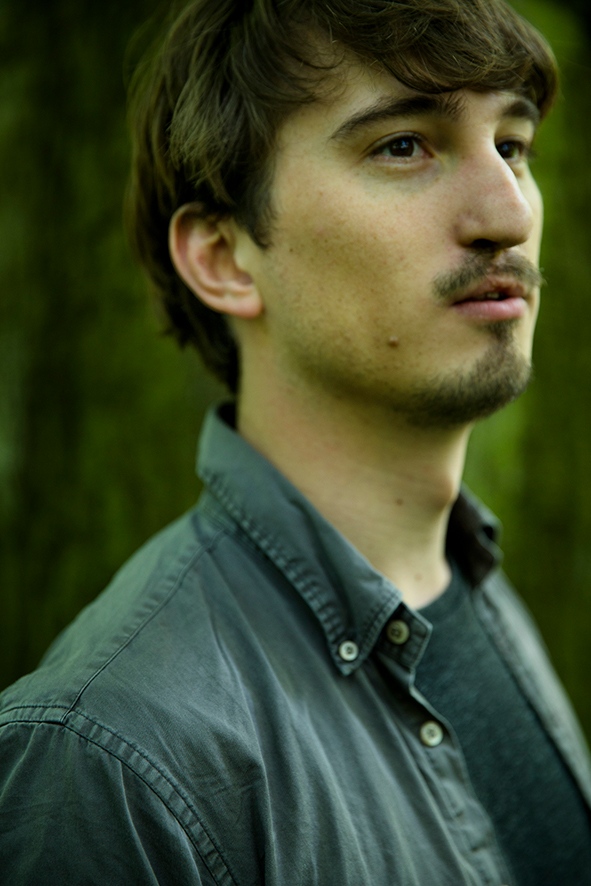
Frank Keizer © Koen Broos
For full screen and zoom in click on the square and the plus down in the right corner
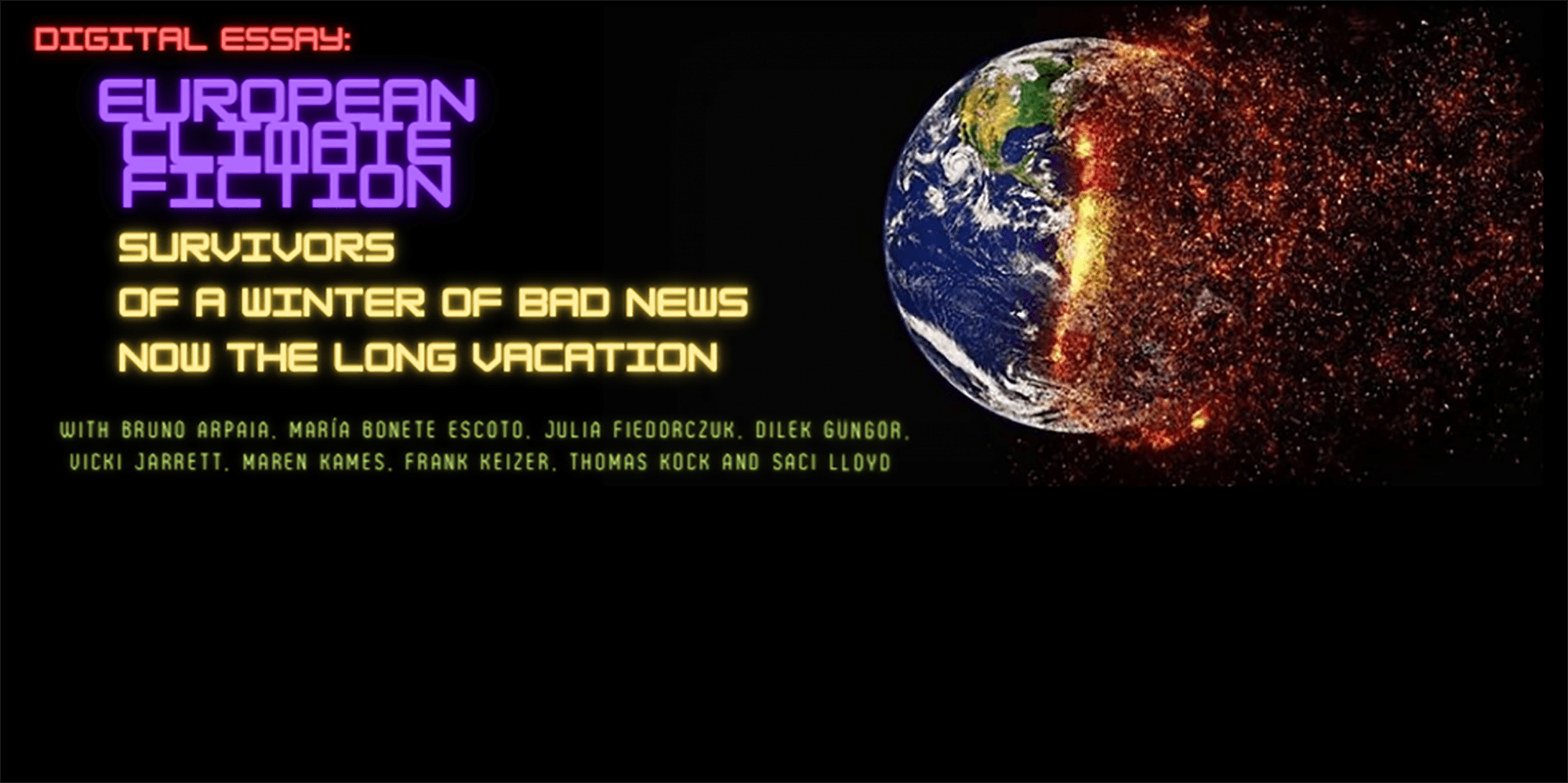
Julia Fiedorczuk and Frank Keizer
in conversation with Irina Hein
Emotions-Wordcloud
Quiz and Survey
Quellen:
www.zeit.de/gesellschaft/2019-08/jugendstudie-klimaschutz-bildungswesen-bundesumweltministerium-svenja-schulze
www.umweltbundesamt.de/sites/default/files/medien/2294/dokumente/4_ubs_2018_zentrale_befunde.pdf
www.deutschlandfunk.de/klimawandel-der-sterbende-suedseestaat-kiribati.724.de.html?dram:article_id=465677
www.sueddeutsche.de/wissen/amazonas-regenwald-klimawandel-1.4272029
www.tagesspiegel.de/wissen/dramatische-kuestenveraenderungen-durch-klimawandel-haelfte-der-straende-verschwindet-bis-2100/25601720.html
https://www.travelbook.de/natur/umwelt/weltkarte-ueberschwemmungsgebiete
www.wissenschaft.de/erde-klima/land-unter-am-amazona
www.nationalgeographic.de/7-fakten-zum-klimawandel
www.mdr.de/wissen/deutschland-top-fuenf-klima-emissionen-100.html
https://de.statista.com/statistik/daten/studie/179260/umfrage/die-zehn-groessten-c02-emittenten-weltweit/
https://www.klimafakten.de/meldung/klimawandel-eine-faktenliste
Section III
With Dilek Güngör, Maren Kames, Denise Winter & sounding situations | Essay by Elisa Weinkötz
Talk presented by Lara Sielmann (Kabeljau & Dorsch)
Video installation, short story, collection of photos, talk and essay
In this section, the entanglement of social spaces and climate stands at the center. In her intense texts halb taube halb pfau (Secession Verlag, 2016) Maren Kames poetically overlaps a snow landscape with the distances of relationships and emotional reactions. With the visual artist Denise Winter and the sound art duo sounding situations she has developed several performative installations under the title 90° 0′ 0“ S. The narrator of German author Dilek Güngör’s short story Schweigen bei 39 Grad (wir machen das magazin, 2019) picks up on one of the extreme heat waves that have happened in Germany in the last few years and explores the possible connections between human beings and climate through the microcosm of the family. Maren Kames’ texts also plays an important role in an essay by Elisa Weinkötz. Dilek Güngör talks about her text in an interview with Lara Sielmann. In advance, people from the audience were asked to send in photos of places, where climate change comes into their minds. These photos are integrated into this section.
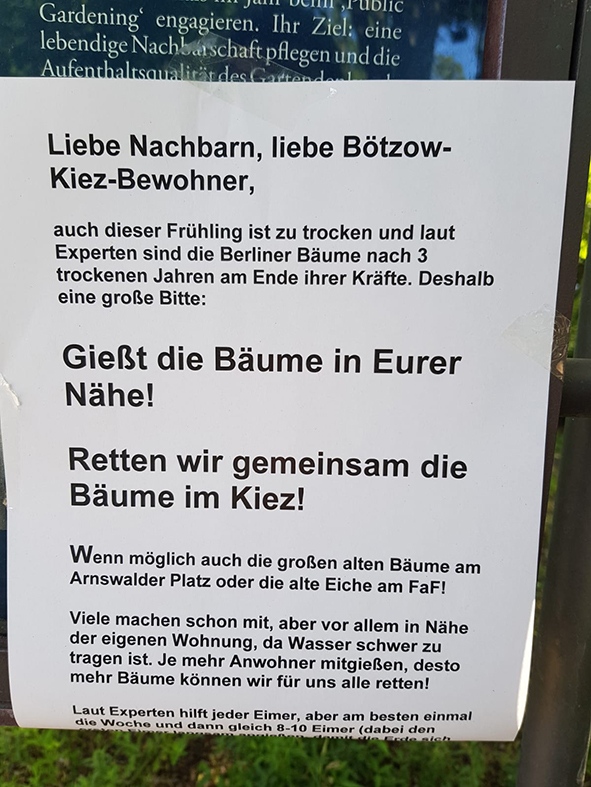
Call to save trees in Bötzowkiez in Berlin | Anonymous submission
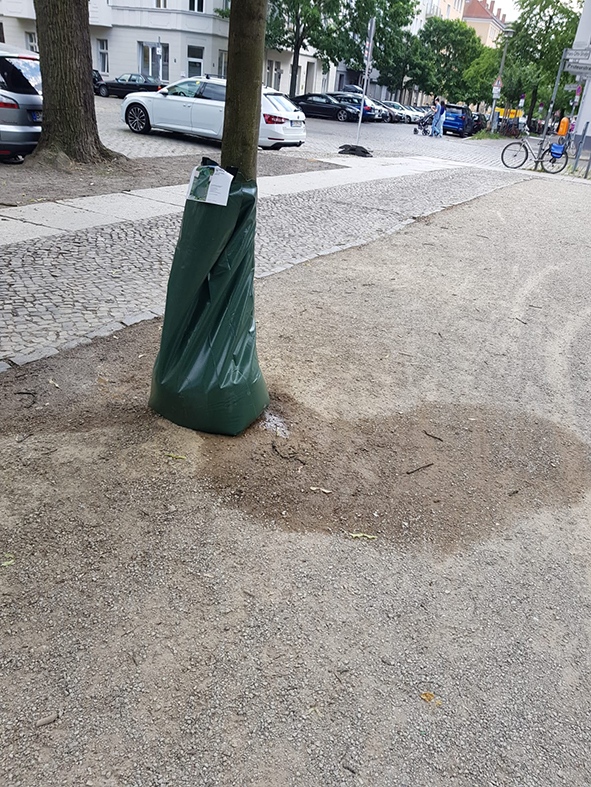
Reaction to the call: water bags in Bötzowkiez in Berlin | Anonymous submission
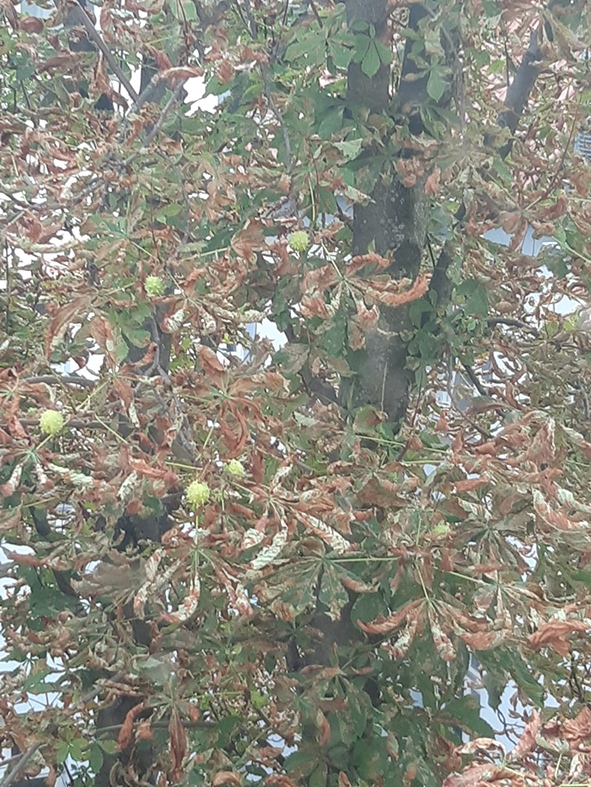
Chestnut tree in August | Anonymous submission
Dilek Güngör, born in Schwäbisch Gmünd, Germany, in 1972, studied Translation, Linguistics and Cultural Studies in Germersheim, Journalism in Mainz and Race and Ethnic Studies in Warwick, England. She worked as a journalist and columnist for Berliner Zeitung, Stuttgarter Zeitung and was Deputy Editor-in-Chief for the magazin Kulturaustausch. Her collected columns were published in the anthology Ganz schön deutsch. Meine türkische Familie und ich (Piper, 2007). In 2007, her novel Das Geheimnis meiner türkischen Großmutter was published by Piper. Her most recent novel is Ich bin Özlem (Verbrecher Verlag, 2019). In 2020 she received a grant from the Berliner Senatsverwaltung für Kultur und Europa for Berlin authors.
The story »Silence at 39 Degrees« by Dilek Güngör picks up on one of the extreme heat waves that have happened in Germany in the last few years and explores the possible connections between human beings and climate through the microcosm of the family.
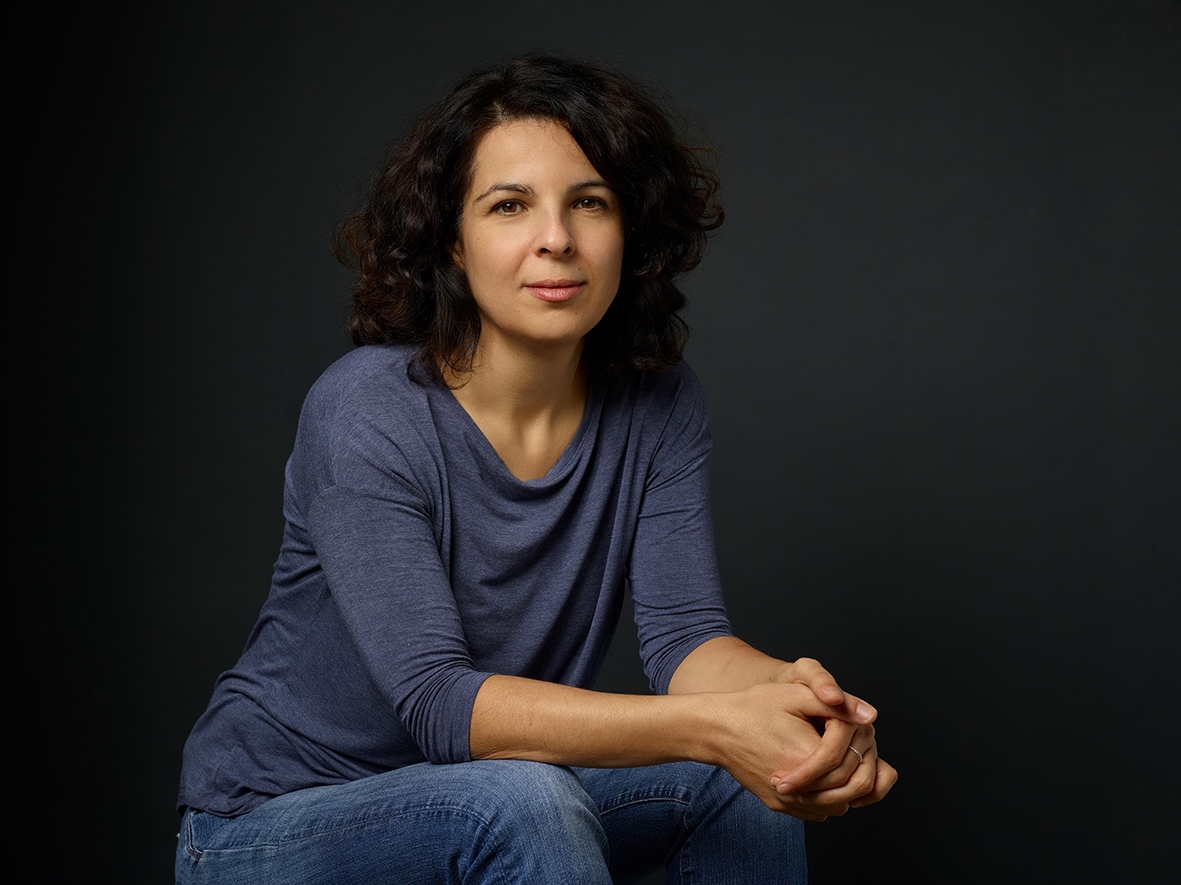
Dilek Güngör © Ingrid Hertfelder
For full screen and zoom in click on the square and the plus down in the right corner
For full screen and zoom in click on the square and the plus down in the right corner

Dilek Güngör
in conversation with Lara Sielmann
In German
Maren Kames was born in 1984 in Überlingen at Lake Constance. She studied Cultural Studies, Philosophy and Theatre Studies in Tübingen and Leipzig, then at the Institute for Literary Writing in Hildesheim. Her debut halb taube halb pfau was published by Secession Verlag für Literatur in 2016 and was awarded several scholarships and prizes. The text stages its poetic and poetological center, an extensive, white landscape, in a linguistic setting as well as on an acoustic level that can be called up via QR codes. In the years before and after its release, Maren Kames, in collaboration with visual artist Denise Winter and the sound art duo sounding situations, developed audio-visual performances and installations, which were shown amongst other locations at the Cologne Opera and the KÖNIG Gallery Berlin. The partnership with sounding situations also resulted in a radio play for the book, which was originally broadcasted by SWR in 2019 and was voted Radio Play of the Month by the Academy of Performing Arts in June of the same year. Kames’ second book luna luna (Secession, 2019) was nominated for the Leipzig Book Fair 2020 Prize. In the same year she was awarded the literary price Text und Sprache from the Kulturkreis der Deutschen Wirtschaft.
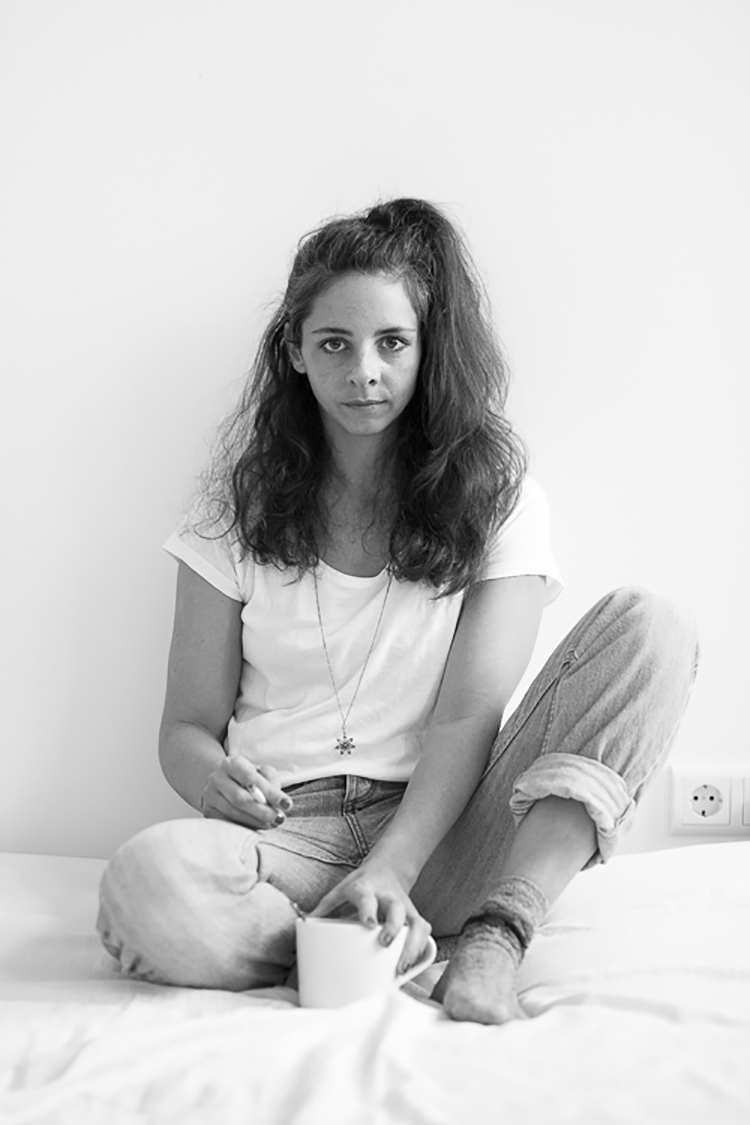
Maren Kames © Dirk Skiba
Maren Kames’ texts in »halb taube halb pfau«, oscillating between poetry and prose, outline a relationship between the I and the landscape, which can be read as an Anthropocene pre-apocalyptic landscape on the threshold of something. A fascinating volume, in which new worlds repeatedly appear out of nothing and constantly morph into something else. With these texts, Maren Kames developed audio-visual performances and installations in collaboration with visual artist Denise Winter and the sound art duo sounding situations.
Section IV
With María Bonete Escoto, Julia Fiedorczuk and Vicki Jarrett
Talk presented by Elisa Primavera-Lévy (Sinn und Form)
Readings, short stories and talk
Most people are aware of the horrendous consequences of climate change, but these consequences often remain elusive: Climate change has its own temporality – far from human imagination. That’s why the fourth section is dedicated to the following question: Which literary strategies and genres are able to provide tools that make nature and the creeping pace of the planet’s devastation tangible? How can literary tradition be made productive? Spanish author María Bonete Escoto (Estío – Once relatos de ficción climática, Episkaia, 2018), Polish poet Julia Fiedorczuk (Psalmy, 2017) and Scottish author Vicki Jarrett (Always North, Unsung Stories, 2019) have all found very different forms of fiction that deal with nature and our approach to it. Vicki Jarrett’s Always North explores the eeriness of the rapidly changing climate in a suspenseful novel in the tradition of Melville’s Moby Dick. Lunes by María Bonete Escoto is a climate short story that works with elements of gothic fiction. In her Psalmy, Julia Fiedorczuk interweaves biblical poetics with modern vocabulary. In a talk moderated by Elisa Primavera-Lévy, the three authors discuss the question if the climate emergency is also a crisis of imagination and explore the potentials of literature to represent the climate crisis, that is often being described as unrepresentable.
María Bonete Escoto, born in Elche, Spain, in 1993, is a writer who lives in Madrid. She studied Modern Languages at Complutense University in Madrid and has a master degree in Literary Studies from Vrije University in Amsterdam. She participated in the climate fiction anthology Estío. Once relatos de ficción climática, published by Episkaia in 2018. In 2019 the same publishing house published her first solo work, the short novel No hay tierra donde enterrarme, a ghost tale which mixes classic gothic fiction with climate fiction. Since 2017 she has been contributing articles on videogames and literature to Spanish specialised media such as Anait Games and Nivel Oculto, and in 2020 she participated in the sixth issue of the zine Heterotopias.
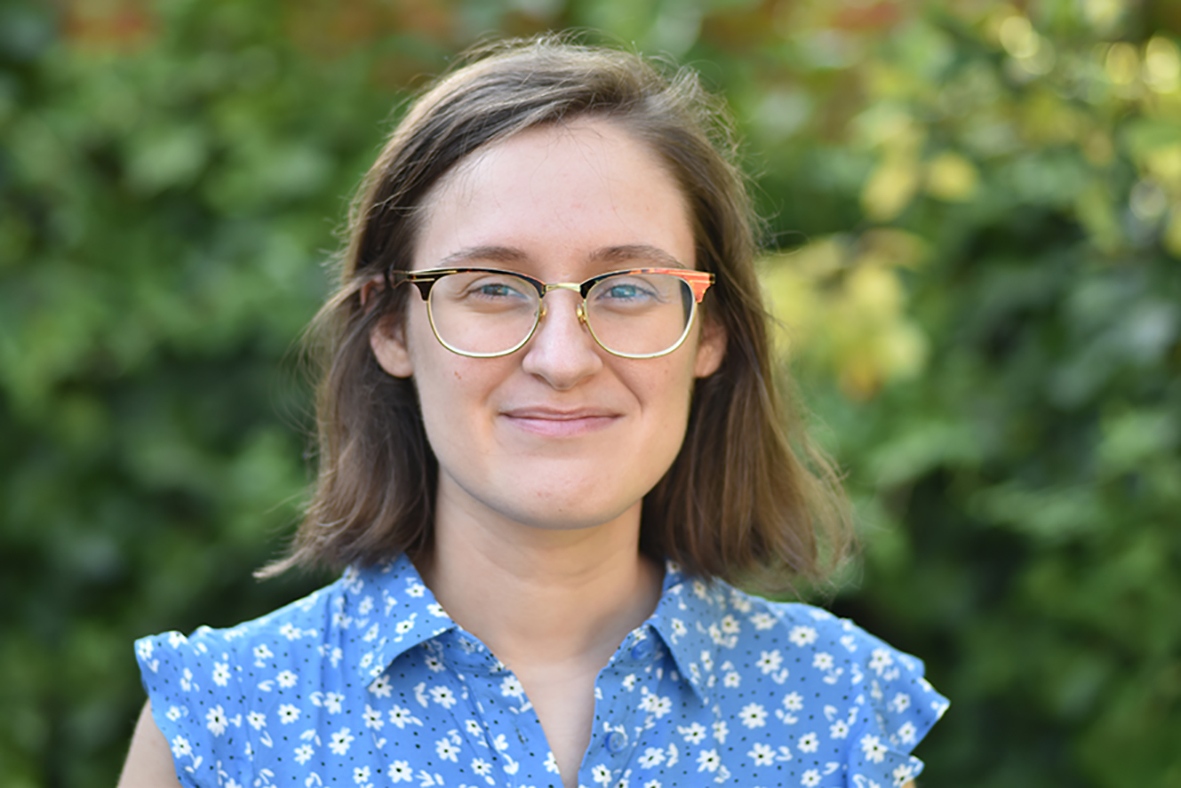
María Bonete Escoto © Carlos Bonete Llácer
Monday by María Bonete Escoto is a climate short story disguised as a thriller and ghost story, an eerie version of the world that combines the literary tools of horror and gothic fiction with filmic narrative methods from horror movies.
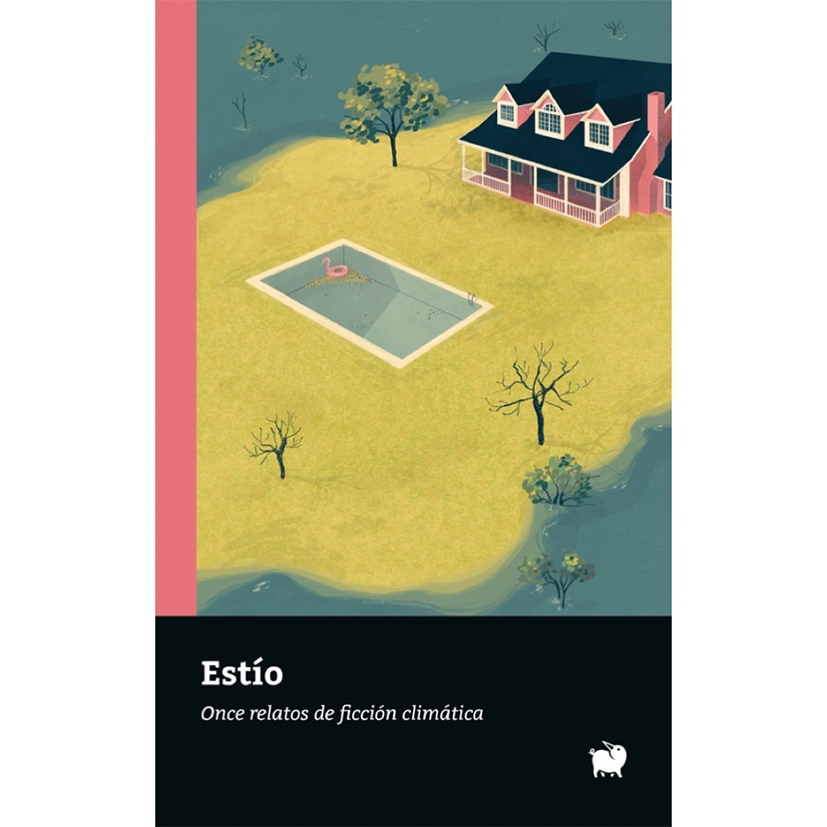
© Episkaia
For full screen and zoom in click on the square and the plus down in the right corner
For full screen and zoom in click on the square and the plus down in the right corner
Vicki Jarrett is a novelist and short story writer from Edinburgh. Her first novel Nothing is Heavy (Linen Press, 2012) was shortlisted for the Saltire Society Scottish First Book of the Year 2013. Her collection of short stories, The Way Out, published in 2015 (Freight Books), was longlisted for the Frank O’Connor International Short Story Award, and shortlisted for the Jerwood FictionUncovered Prize and the Edge Hill Short Story Prize. Her latest novel, Always North, which moves into more speculative territory than her previous work, came out at the end of 2019 from Unsung Stories and was shortlisted for the Red Tentacle (Novel) Award in the Kitschies 2019. All informations about her work are available under www.vickijarrett.com.
Vicki Jarrett’s Always North finds a strong metaphor for the eeriness of the rapidly changing climate and for the destructive power of humans. The short story works with elements of thriller and mystery and thereby achieves a lot of suspense.
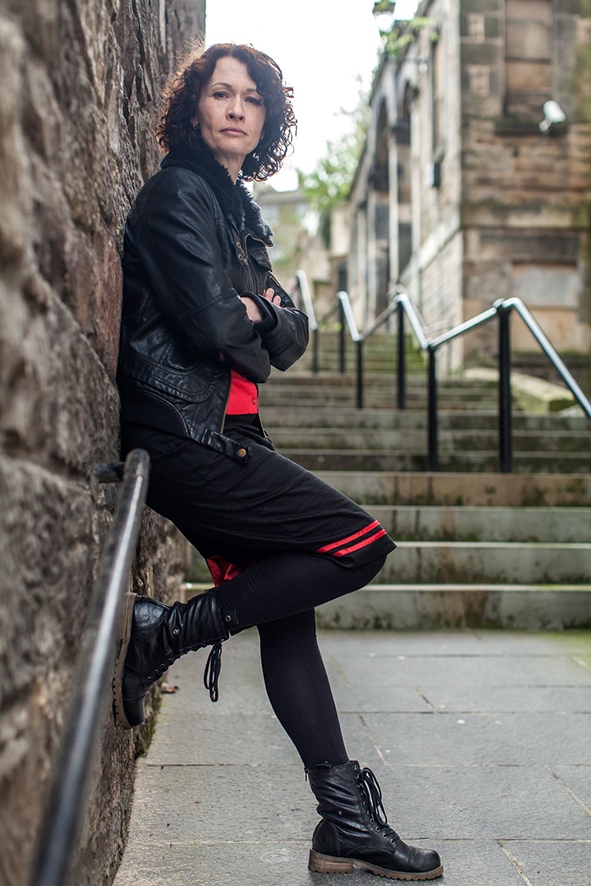
Vicki Jarrett © Chris Scott
For full screen and zoom in click on the square and the plus down in the right corner
For full screen and zoom in click on the square and the plus down in the right corner

Vicki Jarrett, Julia Fiedorczuk and María Bonete Escoto
in conversation with Elisa Primavera-Lévy
Concept and Organisation:
Johanna Bartsch, Vanessa Calzi, Isabelle Chastenier, Carina Cochu, Florina Evers, Olanike Famson, Linda Farata, Moritz Ganser, Markus Haiduga, Irina Hein, Lisa Knoblau, Stephanie Koch, Sarah Labude, Theresa Meschede, Jasmin Misch, Maria Rose, Helena Russ and Elisa Weinkötz
Seminary and Class Management:
Mareen van Marwyck and Felix Schiller
Technical Support:
Lukas Friedrich
A cooperation event between LCB and the Free University of Berlin as part of the seminar »The climate crisis in the European literatures« in the master’s program »Applied Literature – Contemporary Literature«, a joint study program of the Institute for English Philology, the Institute for German and Dutch Philology, the Institute of Romance Philology and the Peter Szondi-Institute for General and Comparative Literatures. The event is kindly supported by the British Embassy in Berlin, Ergotherapie Andreas Bohmann, the Instituto Cervantes Berlin, the Italian Cultural Institute Berlin and the Embassy of the Kingdom of the Netherlands.

